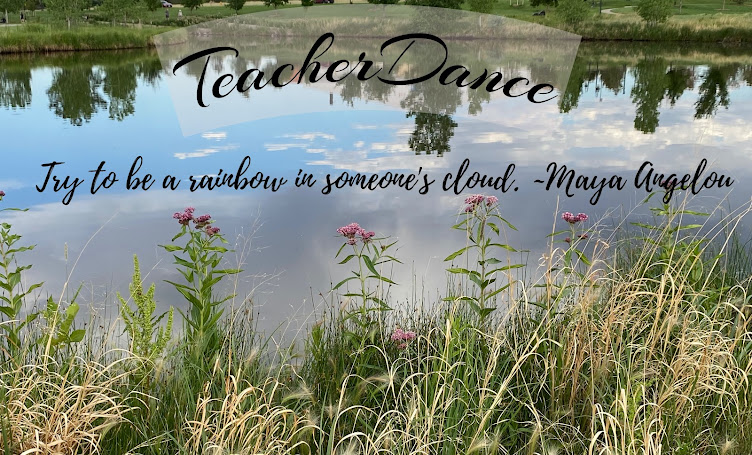 |
| art by Sarah S. Brannen |
I was away last week, ready to catch up and share wonderful celebrations of three women's lives. They share the traits of passion and persistence, lives from whom to find inspiration.
For middle-grade readers and older, Bethany Hegedus offers a brief look at the life of Harper Lee, from childhood to her death. Clearly, Harper Lee was a unique person, in childhood on. She set herself apart from what she termed the "'pink penitentiary' of girlhood", played in overalls with her brother, did sit in her father's lap reading the newspaper with him, and was not afraid to defend her friend, Tru, who visited his aunts in the summer. Sound familiar? It's part of Harper Lee's beautiful novel, To Kill A Mockingbird. I enjoyed the realistic illustrations and the extra bits (of information) added by Erin McGuire, like pages flying as she re-wrote her book and one book with Gregory Peck's name. I enjoyed it thoroughly, though imagine kids liking it much more after they have read To Kill A Mockingbird.
In her wonderful verse, Margarita Engle tells the story of a young woman who discovered a flying machine on a visit to Paris, defying expectations that women are not meant to fly, but to stay home to cook, clean and sew. Her mother finally gave permission but insisted that she not tell her father. Later, when her father found out about her flight, he insisted she keep it a secret. Even when she landed after this first successful flight, some people jeered, saying that women had no business flying. The author's note shares more, and also tells about Alberto Santos-Dumont, the pilot of the first flying machine that Aida saw and immediately wanted to fly herself. Sara Palacios' illustrations show the outdoor scenes with colorful celebration.
Many older readers know about Malala's inspirational life and now younger readers can learn about it, too. The fun of imagining a "magic pencil" from a TV show Malala had watched where anything drawn by that pencil came true is a wonderful metaphor that will help children connect to Malala's message. With a rather matter-of-fact tone, she tells us about loving school and being alarmed with it was taken away from the girls in her country. The attack on her is handled briefly and the idea of acting through writing with her "magic pencil" emphasizes her courage and anyone's ability to speak out or write about wrongs. The illustrations enhanced the story in muted watercolor outlined in black.




I love all the Malala bios that have been coming out. I still need to watch her interview with David Letterman on Netflix.
ReplyDeleteYes, it's wonderful to read and learn extra bits about her, now grown up!
DeleteMalala's Magic Pencil was a favorite from last year. It actually surprised me - I wasn't expecting to love it so.
ReplyDeleteThe Flying Girl is one I've got my eye on - libraries just don't have it yet!
Yes, Malala's Magic Pencil is wonderful. Ingrid's teacher read it to them & Ingrid loved it, too. Enjoy Flying Girl when you can. Thanks, Michele.
Delete